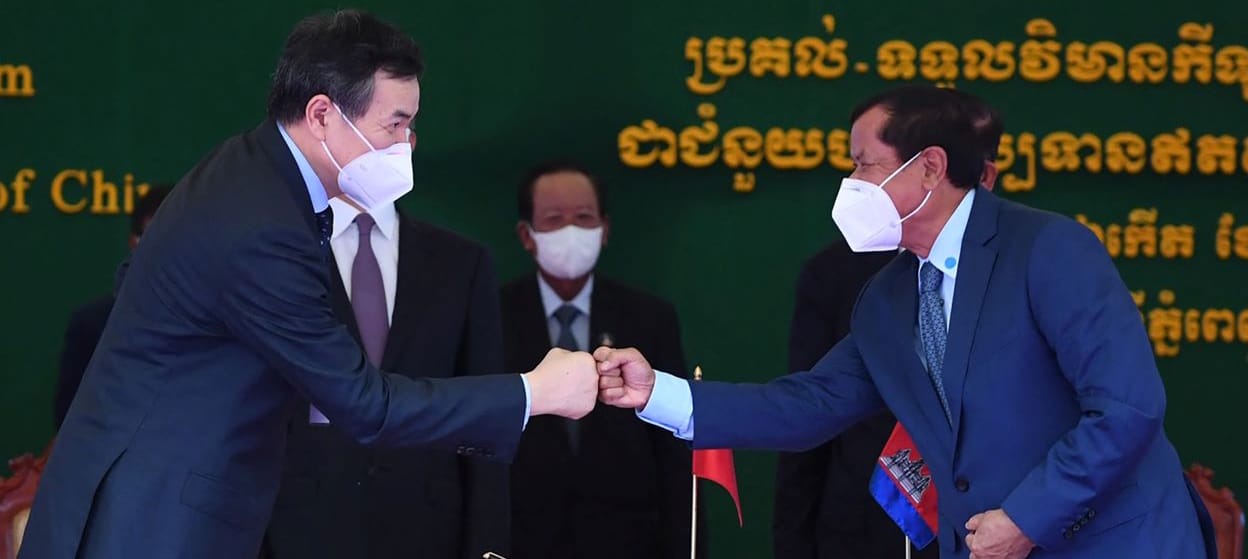Cambodia is commonly deemed a ‘client state’ of China over-depending on the latter’s economic and political support, particularly within the Belt and Road Initiative (BRI). A loss of sovereignty and the likelihood of falling into a ‘debt trap’ are often cited as the key tenets of this over-dependence. Among ASEAN countries, Cambodia is seen to support China’s position in the South China Sea dispute.
Given the bilateral asymmetry, does Cambodia’s engagement in the BRI provide more costs than benefits? This essay argues that it is too early to conclude that BRI’s costs exceed benefits for the country, by first describing how Chinese investment and aid, including BRI projects, have contributed to overall economic growth and poverty reduction in Cambodia despite some adverse impacts on local livelihoods and the environment.
It then discusses Cambodian efforts to reduce dependence on China by diversifying investors and donors. Finally, it argues that costs and benefits related to BRI schemes in Cambodia have been only partially examined, thus preventing a complete assessment.




